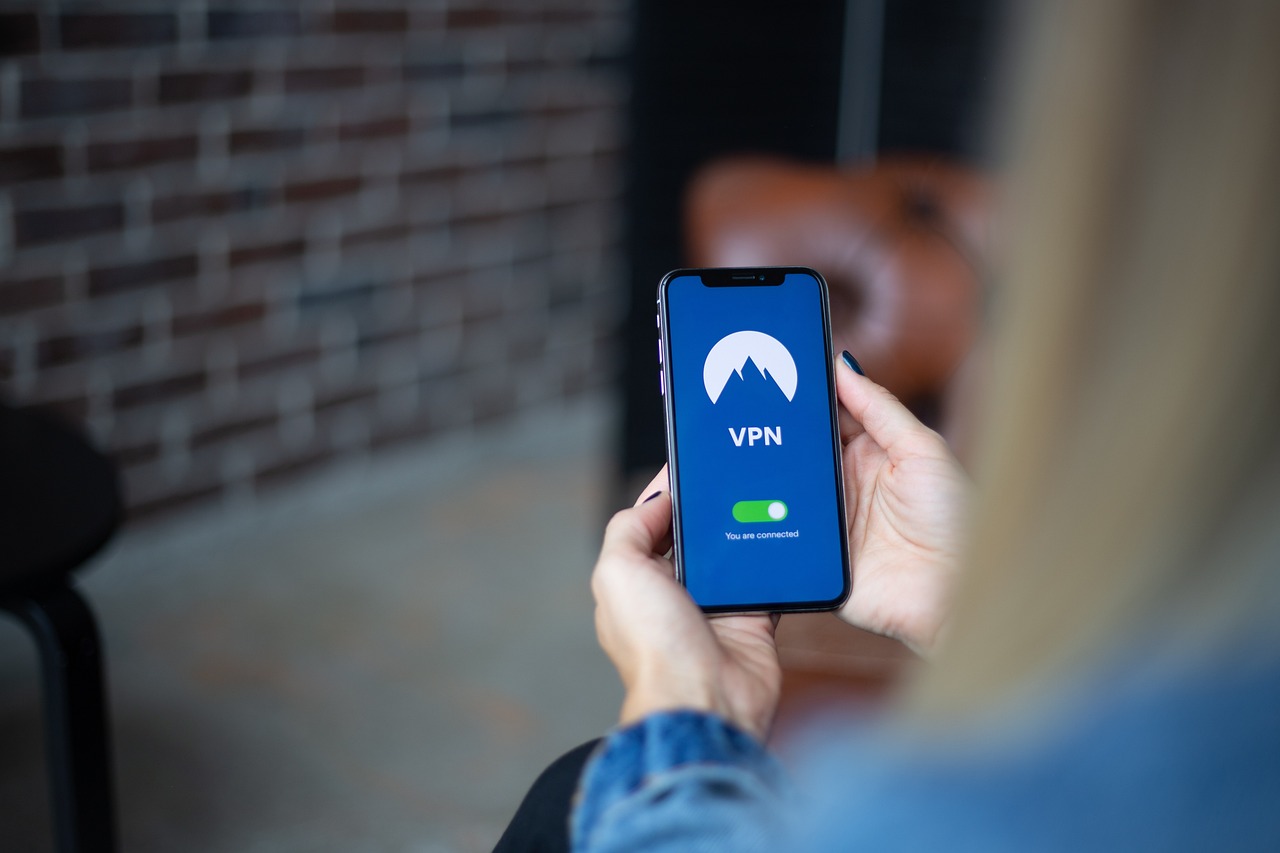Virtual Private Network (VPN) has become a key technology in the Internet world. It offers privacy protection, security enhancements, and access to restricted content, and is widely used in both the personal and business worlds. However, for many people, VPN remain a mysterious concept. In this article, we'll break down the basics of a VPN to help you understand how it works and why it's so important to your Internet experience.

I. What is a VPN?
VPN stands for Virtual Private Network. In short, it's a technology that routes your Internet connection from your device to a remote server through encryption and tunneling. This server can be located anywhere in the world, making it appear that your Internet traffic is coming from the geographical location where that server is located, rather than your actual location.
II. Why do I need to use a VPN?
The main features of a VPN include:
1. Privacy: A VPN hides your IP address, making your online activity harder to track. This is very important to protect your privacy.
2. Enhanced Security: VPN use encryption to protect your data from being intercepted by hackers or spies. This makes your internet connection more secure, especially when using public Wi-Fi networks.
3. Bypass geo-restrictions: By connecting to servers located in other countries or regions, VPN allow you to access restricted content. This is useful for watching international streams, accessing blocked websites or bypassing geo-censorship.
4. Avoid ISP Spying: Internet Service Providers (ISP) often monitor and log users' online activities. Using a VPN prevents ISPs from monitoring your browsing history, downloads and uploads.
5. Protect remote access: VPN can also be used to securely access local network resources remotely, which is useful for business users and remote workers.
III. How does it work?
Now let's take a look at how a VPN works.
1. Data Encryption: When you connect to a VPN, your data is encrypted. This means that even if someone intercepts your packet, they will not be able to decipher its contents. Encryption is the key to the privacy and security that a VPN provides.
2. Tunneled Connection: Your Internet connection is routed to a remote VPN server. This connection is usually established through a secure tunnel, ensuring the safe transmission of your data.
3. IP address masquerading: Your real IP address is hidden and replaced with the IP address of the VPN server. This makes your online activity appear to be coming from the geographical location of the VPN server.
4. Data Transfer: Once the connection is established, your data will be transferred to the Internet via the VPN server. Data replied from servers on the Internet will also be transferred back to your device via the VPN server.
5. Decryption and reply: Once the VPN server receives the data, it will decrypt it and transmit it back to your device. This ensures that you can access content on the Internet normally.
IV. Different types of VPN protocols
There are many different types of VPN protocols that are used to establish and manage VPN connections. Here are some common VPN protocols:
1. PPTP (Point-to-Point Tunneling Protocol): PPTP is an older protocol that is faster but less secure and is not recommended for protecting sensitive data.
2. L2TP/IPsec (Layer 2 Tunneling Protocol/Internet Protocol Security): L2TP/IPsec offers higher security, but can be slower.
3. OpenVPN: OpenVPN is an open source protocol with strong security and flexibility and is often considered one of the best options.
4. IKEv2/IPsec (Internet Key Exchange Version 2/Internet Protocol Security): This protocol combination offers a high level of security and speed for mobile devices.
5. WireGuard: WireGuard is an emerging protocol that is considered a combination of speed and security. It is faster than traditional protocols in some ways.
V. How to choose the right VPN for you?
Choosing the right VPN for you depends on your needs and priorities. Here are some factors to consider when choosing a VPN:
1. Security: If security is your main concern, choose a VPN that supports strong encryption and avoid lower levels of encryption.
2. Speed: If you need a fast Internet connection, choose a VPN that offers high-performance servers and protocols.
3. Privacy: Check the VPN provider's privacy policy to make sure they don't log or share your personal data.
4. Geolocation: Choose a VPN with multiple server locations to access global content.
5. Device Support: Make sure the VPN supports the devices you plan to use, including computers, smartphones, tablets, and more.
Summary
A Virtual Private Network (VPN) is a powerful technology that provides privacy protection, enhanced security and access to restricted content. It accomplishes these features by routing your Internet connection to a remote server through encryption and tunneling technology. When choosing a VPN, select the right protocol and service provider for your needs and priorities. Whether it's protecting your privacy or getting around the Internet unimpeded, a VPN is a powerful tool that deserves to be understood and utilized in depth. We hope this article has helped you better understand the basics of VPN.
 Email
Email